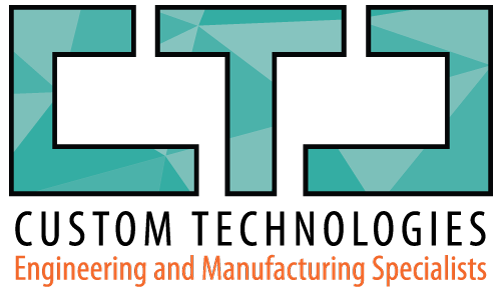Introduction: Revolutionizing Material Branding with Laser Technology
The advent of laser technology has transformed the landscape of material branding, offering unparalleled precision, versatility, and quality. “Using Lasers for Material Branding” explores this cutting-edge technology, delving into its mechanisms, advantages, and wide-ranging applications across various industries. This blog post aims to shed light on how laser branding stands out from traditional methods, providing businesses with a sophisticated tool to enhance their brand identity on products.
The Precision and Versatility of Laser Branding Technology
Laser branding technology stands at the forefront of modern material processing, offering unmatched precision and versatility. This advanced method allows for intricate designs and high-quality finishes on a wide array of materials, from metals and plastics to ceramics and textiles. The precision of laser branding ensures that even the most complex logos, patterns, and texts are rendered with sharp clarity and detail, enhancing the aesthetic appeal and brand recognition of products.
The versatility of laser technology extends to its adaptability across various industries. Automotive manufacturers rely on laser branding for durable part identification and traceability. In the electronics sector, it’s used to brand components with critical information without compromising their integrity. Consumer goods, from luxury items to everyday products, benefit from the aesthetic enhancement and anti-counterfeiting measures that laser branding provides.
Laser branding’s non-contact nature means it can be applied to delicate materials without risk of damage, making it ideal for a broad spectrum of applications. Its efficiency and speed also allow for high-volume production without sacrificing quality, meeting the demands of fast-paced manufacturing environments.
Advantages of Laser Branding Over Traditional Methods
Laser branding technology offers significant advantages over traditional branding methods, making it a preferred choice for businesses focused on quality and durability. The key benefits include:
- Precision and Clarity: Laser branding provides unparalleled precision, allowing for the creation of intricate and detailed markings that traditional methods can’t achieve. This precision ensures that every aspect of the branding is clear and legible, enhancing brand recognition.
- Durability: Laser-engraved markings are resistant to fading, wear, and environmental conditions, ensuring that the branding remains intact over the product’s lifetime. This contrasts with traditional methods, where markings may degrade or become illegible over time.
- Versatility: Unlike traditional methods that may be limited by material compatibility, laser branding can be applied to a vast range of materials without compromising the integrity of the product.
- Efficiency: Laser branding is faster and more energy-efficient, allowing for higher production volumes without the need for consumables like inks or stencils, reducing the overall environmental impact.
- Customization: The digital nature of laser branding allows for easy customization and quick changes to designs, making it ideal for short runs or personalized products.
- Safety and Cleanliness: Laser branding is a non-contact process, eliminating the need for physical pressure or harsh chemicals used in some traditional methods, making it safer for operators and cleaner for the environment.
These advantages make laser branding a superior choice for businesses aiming for high-quality, durable, and efficient branding solutions.
Conclusion: Shaping the Future of Branding in Manufacturing
The evolution of laser technology for material branding is shaping a new future for manufacturing, one where precision, efficiency, and sustainability are at the forefront. This innovative approach not only enhances the quality and durability of branded materials but also aligns with the growing emphasis on eco-friendly manufacturing practices.
As we look ahead, the potential for laser branding extends beyond current applications, promising even greater integration of sustainability and innovation. The adaptability of laser technology to various materials and its non-contact nature minimizes waste and environmental impact, setting a new standard for responsible manufacturing.
The future of branding in manufacturing is bright, with laser technology leading the way in creating sustainable, efficient, and innovative solutions that meet the evolving needs of businesses and consumers alike. As this technology continues to develop, we can expect to see further advancements that will redefine branding in manufacturing, making it more sustainable, versatile, and aligned with global sustainability goals.

